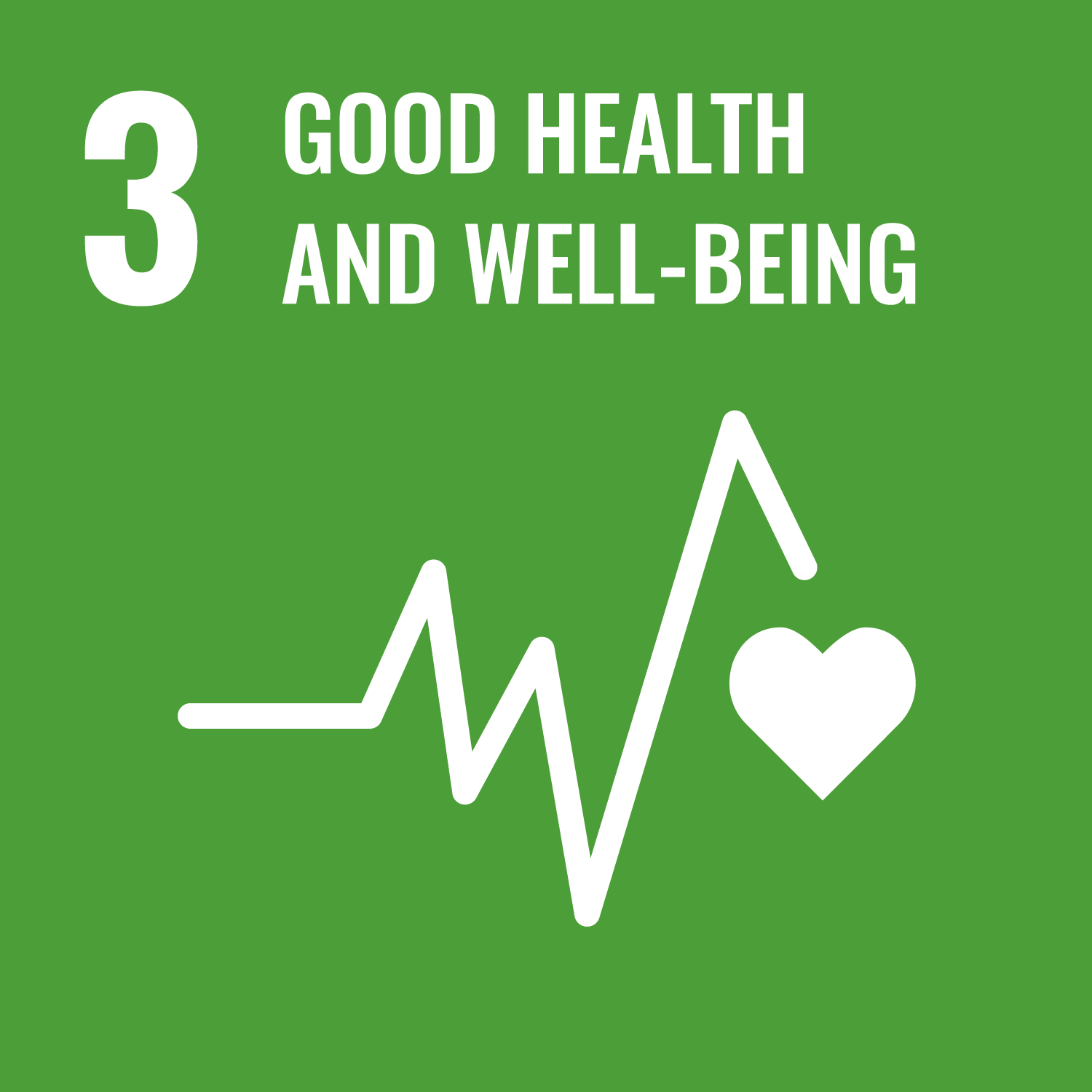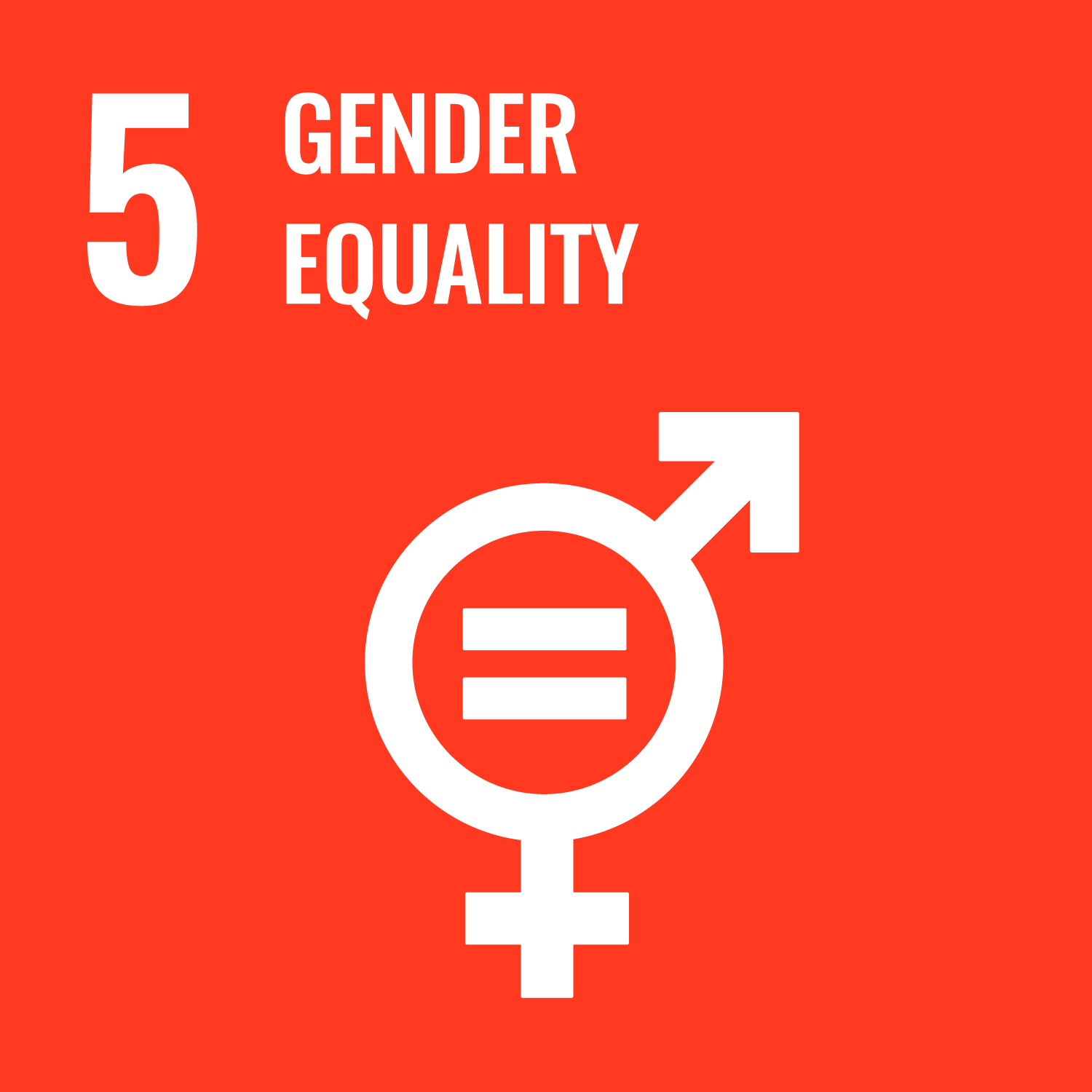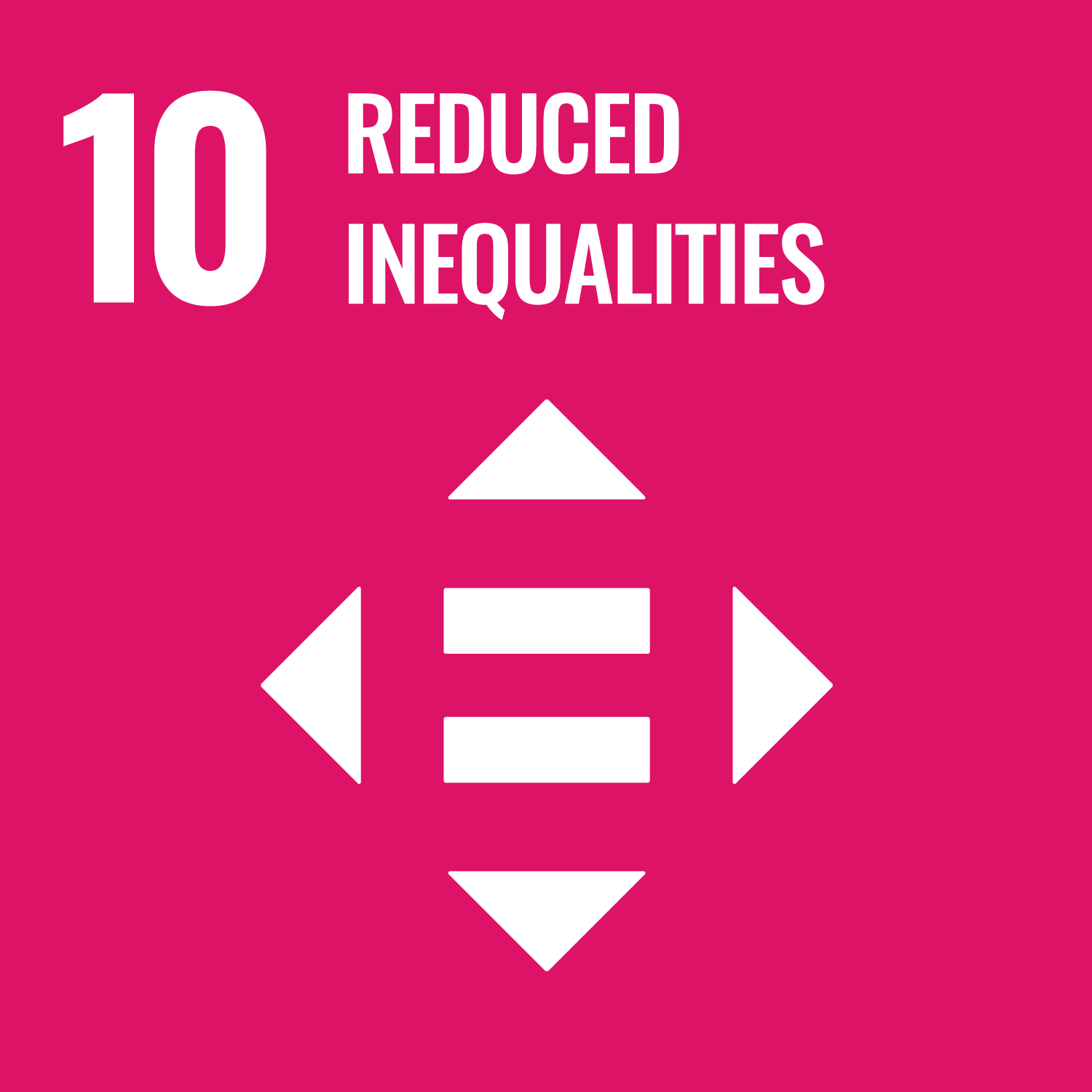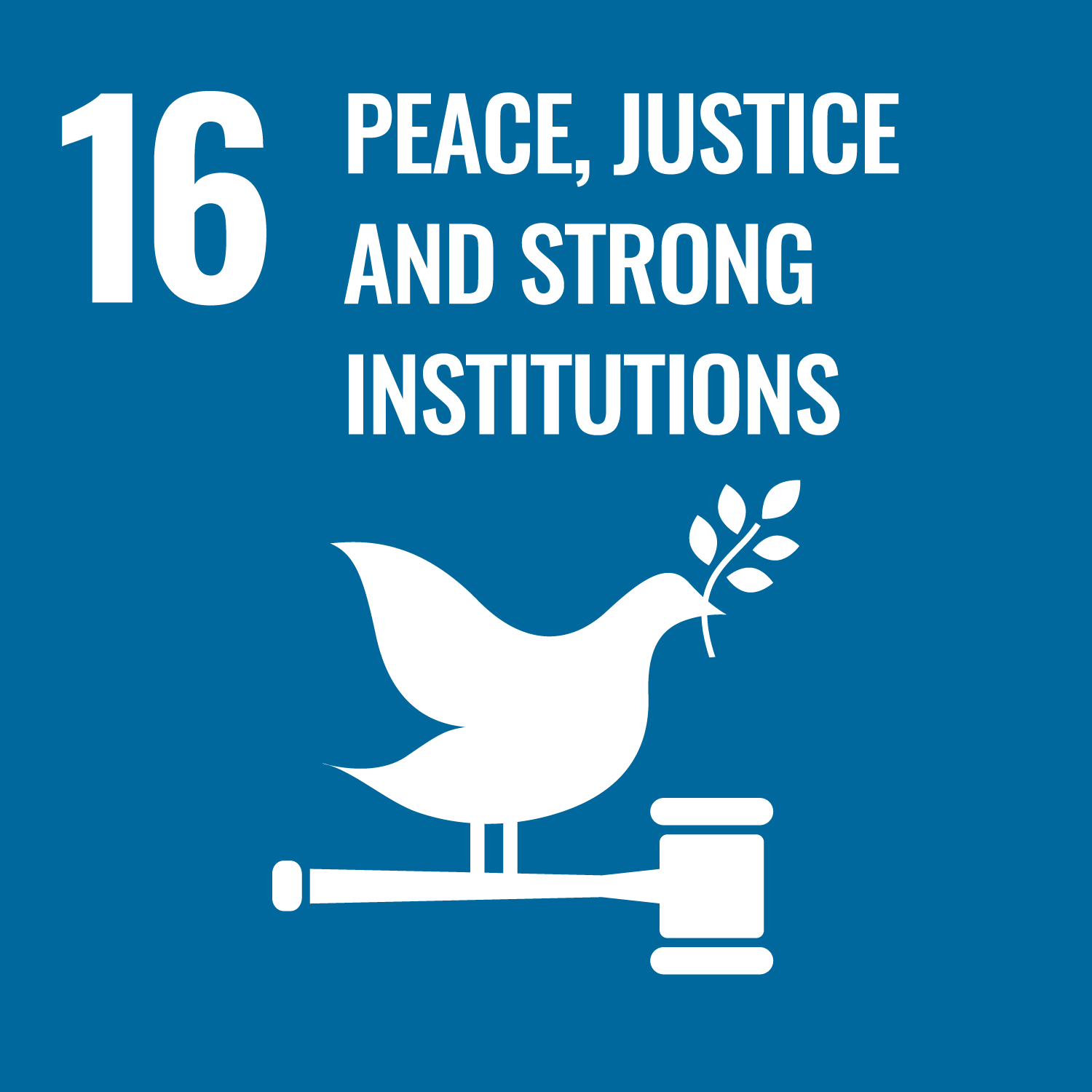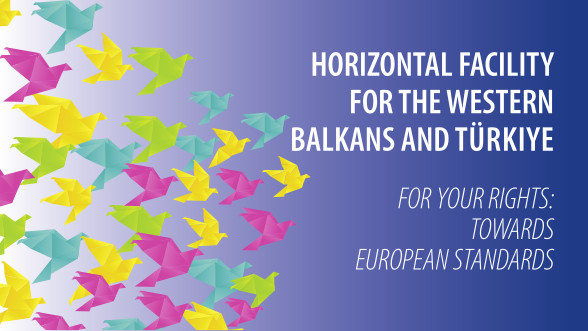Türkiye
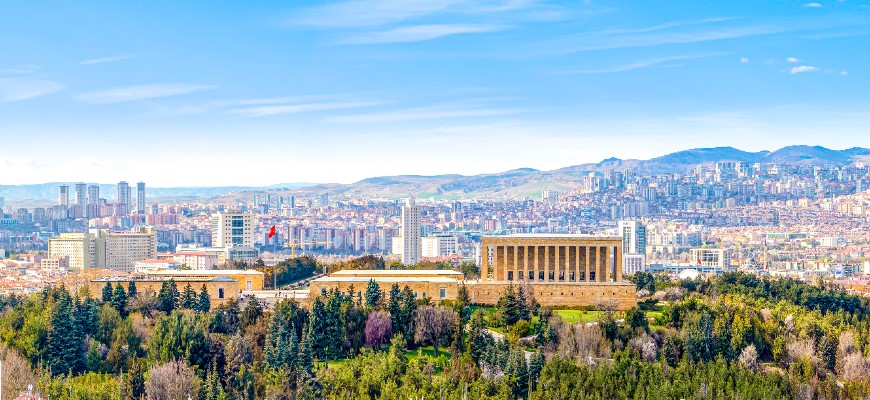
The Council of Europe maintains a comprehensive, country-specific co-operation initiative in Türkiye. The Council of Europe Programme Office in Ankara co‑ordinates and supports project implementation and ensures co-ordination with both national and international partners present in the field.
Most of the co-operation activities with Türkiye have been undertaken via European Union/Council of Europe Joint Programmes, and Türkiye remains the biggest Beneficiary of the technical co-operation with the European Union. The assistance has been provided in the field of fundamental rights, by supporting the effective implementation of Turkish Constitutional court judgments. Türkiye has also benefitted from assistance to the criminal justice system to help prevent violations of the European Convention on Human Rights, as well as to improve the effectiveness of family courts. Support is also provided to the Turkish justice system by strengthening the alternative dispute resolution system for citizens, businesses, legal persons and other organisations and institutions at large as well as to enhancing international judicial co-operation in criminal matters.
Türkiye also receives assistance from the Council of Europe in the form of voluntary contributions. The project “Enhancing the Disciplinary and Reward Procedures for prisoners in Türkiye”, initiated in November 2022, is financed by the Human Rights Trust Fund (HRTF) of the Council of Europe, as well as Belgium, Norway, the Netherlands and Türkiye itself. The initiative strives to establish a comprehensive understanding of the existing disciplinary and reward mechanism for inmates. It identifies the shortcomings of the system, reflects on best practices and strengthens the national legal infrastructure.
The third phase of the European Union/Council of Europe Horizontal Facility for the Western Balkans and Türkiye was launched in January 2023 by building on the results of the previous phases. Within the framework of the third phase, important steps are being taken to increase the institutional capacity of Turkish authorities to foster women’s access to justice with the aim to increase legal awareness among women, especially those in vulnerable situations such as the victims of violence against women and domestic violence. In addition, Türkiye benefits from continued support to strengthen the human rights protection in the context of migration. Co-operation in the field of education was reinforced with the introduction of a pilot action on digital citizenship education which aims to promote human rights, fundamental freedoms and democracy in schools by empowering students in their digital presence through digital citizenship education at the lower secondary level. Moreover, specific focus has been placed on addressing money laundering through a bilateral action in Türkiye.
Türkiye also benefits from three European Union/Council of Europe regional Joint Programmes implemented in South-East Europe. The capacity of the authorities to search, seize and confiscate cybercrime proceeds, prevent money laundering on the Internet and secure internet evidence is further reinforced through the regional programme iPROCEEDS 2, while support in promoting good governance and Roma empowerment at a local level is streamlined through the second phase of the ROMACTED regional programme. In addition, the Joint Programme on Roma integration, which began in May 2023, has further enlarged the scope of intervention in this field.
À travers la mise en œuvre des programmes et des actions mentionnés ci-dessus, le Conseil de l'Europe a contribué au Programme de développement durable des Nations Unies à l'horizon 2030 en soutenant les objectifs de développement durable (ODD), notamment l’ODD 3 (cible 8), l'ODD 4 (cibles 1, 5, 7), l'ODD 5 (cibles 1, 2 et c), l'ODD 10 (cibles 2, 3 et 7) et l'ODD 16 (cibles 1, 2, 3, 4, 5, 6, 7, 10, a et b).
Pour plus d'informations : Aperçu de la contribution du Conseil de l'Europe au Programme de développement durable des Nations Unies à l’horizon 2030.
Horizontal Facility for the Western Balkans and Türkiye
Promoting good governance and Roma empowerment at local level (ROMACTED II)
Strengthening the Capacity of Bar Associations and Lawyers on European Human Rights Standards
Strengthening Democratic Culture in Basic Education
Strengthening the Institutional Capacity of Court of Cassation



